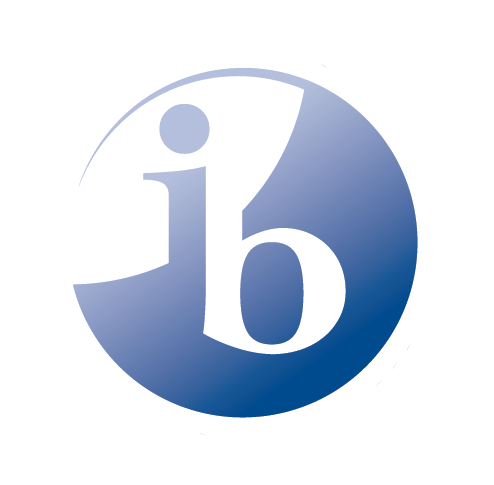English is our shared language of instruction and communication. In a PYP school the focus is not just on learning language in isolation, but also on the application of language skills across the subject areas and throughout the Programme of Inquiry. Some language is taught as ‘stand-alone’, while other aspects of language are taught in the context of our Units of Inquiry.
We believe students learn best when they have opportunities to learn within meaningful contexts, and when the teaching is in response to students’ needs, interests and previous experiences. Students at OurPlanet come from a wide range of language and cultural backgrounds, which we view as a major asset to our learning community.
Students develop skills in the following strands of language learning :
What will students will be working on this year?
Viewing and Presenting (Phase 2)
- Relate to different contexts presented in visual texts according to their own experiences, for example, “that looks like my uncle’s farm
- Observe and discuss illustrations in picture books and simple reference books, commenting on the information being conveyed
- Observe visual images and begin to appreciate, and be able to express, that they have been created to achieve particular purposes
- Use a variety of implements to practise and develop handwriting and presentation skills
- Realize that shapes, symbols and colours have meaning and include them in presentations
- Through teacher modelling, become aware of terminology used to tell about visual effects, for example, features, layout, border, frame observe visual images and begin to appreciate, and be able to express, that they have been created to achieve particular purposes
- Talk about their own feelings in response to visual messages; show empathy for the way others might feel
- Locate familiar visual texts in magazines, advertising catalogues, and connect them with associated products
Reading (Phase 2)
- Read and understand the meaning of self-selected and teacher-selected texts at an appropriate level
- Make connections between personal experience and storybook characters
- Participate in learning engagements involving reading aloud – taking roles and reading dialogue, repeating refrains from familiar stories, reciting poems
- Instantly recognize an increasing bank of high-frequency and high-interest words, characters or symbols
- Select and reread favourite texts for enjoyment
- Participate in shared reading, posing and responding to questions and joining in the refrains
- Participate in guided reading situations, observing and applying reading behaviours and interacting effectively with the group
- Understand that print is permanent, for example, when listening to familiar stories, notices when the reader leaves out or changes parts
- Listen attentively and respond actively to read- aloud situations; make predictions, anticipate possible outcomes
Writing (Phase 2)
- Create illustrations to match their own written text
- Form letters/characters conventionally and legibly, with an understanding as to why this is important within a language community
- Enjoy writing and value their own efforts
- Listen attentively and respond actively to read- aloud situations; make predictions, anticipate possible outcomes
- Make connections between personal experience and storybook characters
- Read their own writing to the teacher and to classmates, realizing that what they have written remains unchanged
- Demonstrate an awareness of the conventions of written text, for example, sequence, spacing, directionality
- Write informally about their own ideas, experiences and feelings in a personal journal or diary, initially using simple sentence structures, for example, “I like …”, “I can …” , “I went to …”, “I am going to …”



